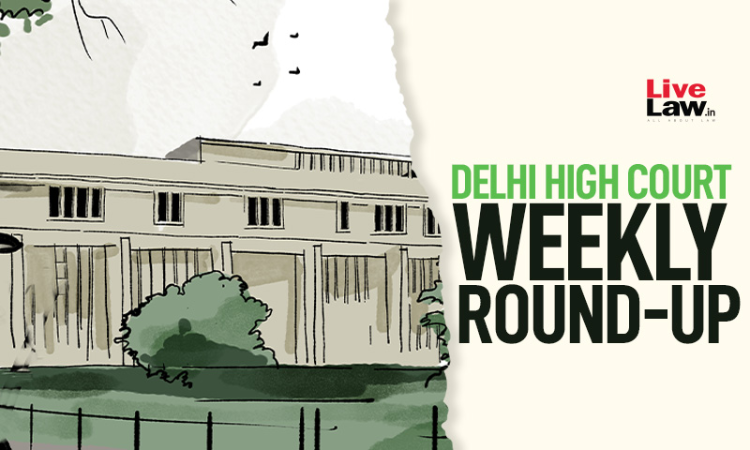Next Story
19 Jun 2022 11:30 AM IST
NOMINAL INDEXCitations 2022 LiveLaw (Del) 566 TO 2022 LiveLaw (Del) 577Case Title: Mukish v. State 2022 LiveLaw (Del) 566Title: BRINDA KARAT AND ANR. v. STATE OF NCT OF DELHI AND ANR. 2022 LiveLaw (Del) 567Case Title: Prem Brothers Infrastructure LLP. versus National Faceless Assessment Centre & Anr. 2022 LiveLaw (Del) 568Case Title: SANTOSH KUMAR v. UNION OF INDIA & ANR 2022...

